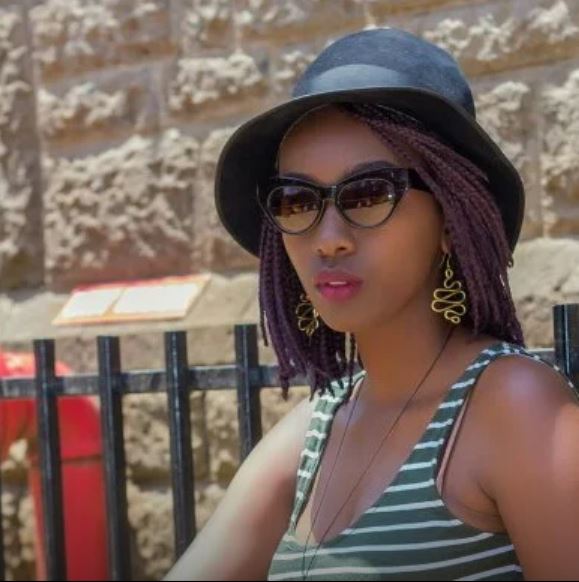×
The Standard e-Paper
Smart Minds Choose Us

“Good jewellery is like good make-up; it enhances what already exists,” says Wanjiru Ng’ethe, who discovered her love for accessories when she was in high school.
Wanjiru started making jewellery for her own private collection because she couldn’t afford to buy the designs she liked. Today, the 25-year-old runs Shee Art, which specialises in African-inspired pieces, from earrings and necklaces to bracelets, anklets, head pieces and all things accessories.







